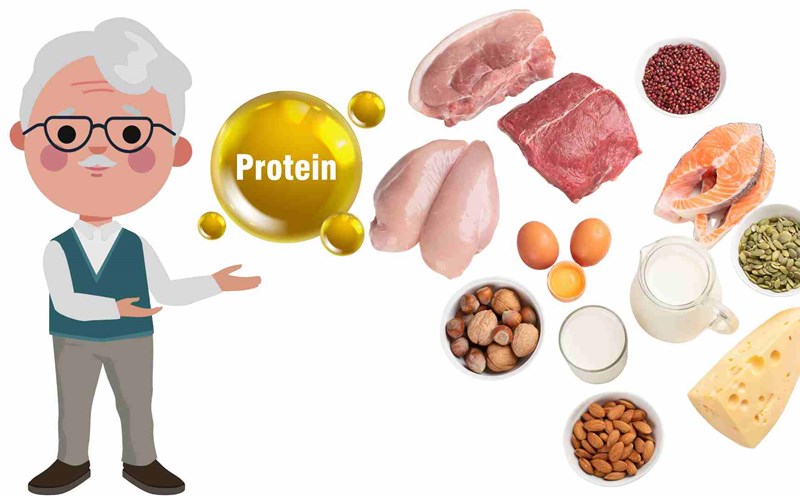Vitamin A is an essential nutrient for the eyes, playing an important role in the formation of retina pigment to absorb light, protect the cornea and maintain a healthy cornea. According to the National Institutes of Health (NIH), vitamin A deficiency can lead to reduced vision in the dark, dry eyes, and can cause blindness in severe cases.
One of the most familiar sources of vitamin A is carrots. This root is rich in beta-carotene, a precursor to vitamin A that the body will convert to retinol when needed. Dr. Ivana Kim, University of Medicine, emphasized: Antioxidants help fight free radicals and are thought to protect the retina from oxidative stress damage, and recommend adding more dark vegetables such as carrots to support long-term vision.
Similar to carrots, sweet potatoes are also a store of beta-carotene nutrients. According to verywell Health, just a medium-sized sweet potato can provide more than 200% of your daily vitamin A needs. Not only does sweet potato help brighten the eyes, it is also rich in fiber and antioxidants, which aid digestion and increase resistance.
In addition to plants, animal liver, especially cow liver, chicken liver is a rich source of vitamin A in the form of retinol, which is easy to absorb. 100 g of beef liver can provide up to 860% of the recommended daily nutritional value for vitamin A. However, experts recommend not eating it too often to avoid the risk of excess, especially in pregnant women.
The last group that cannot be ignored is dark green leafy vegetables such as spinach and kale. In addition to beta-carotene, these vegetables also contain lutein and zeaxanthin, two carotenoids that are highly appreciated by Johns Hopkins University, USA for their retina protection and reduction of the risk of macular degeneration, which is the leading cause of vision loss in the elderly.
Incorporating these four groups of foods into your daily diet not only helps supplement vitamin A but also provides many other antioxidants, vitamins and minerals. The American Institute of Nutrition recommends adopting a colorful diet, from carrot oranges, sweet potato yellow, liver brown to dark green leafy vegetables, to optimize eye and overall health benefits.
Although vitamin A is important, the Mayo Clinic warns that overdose supplementation can cause side effects such as headaches, dizziness, liver damage or blurred vision. Therefore, the best way to ensure your vitamin A needs is to eat natural foods, instead of overusing functional foods.










